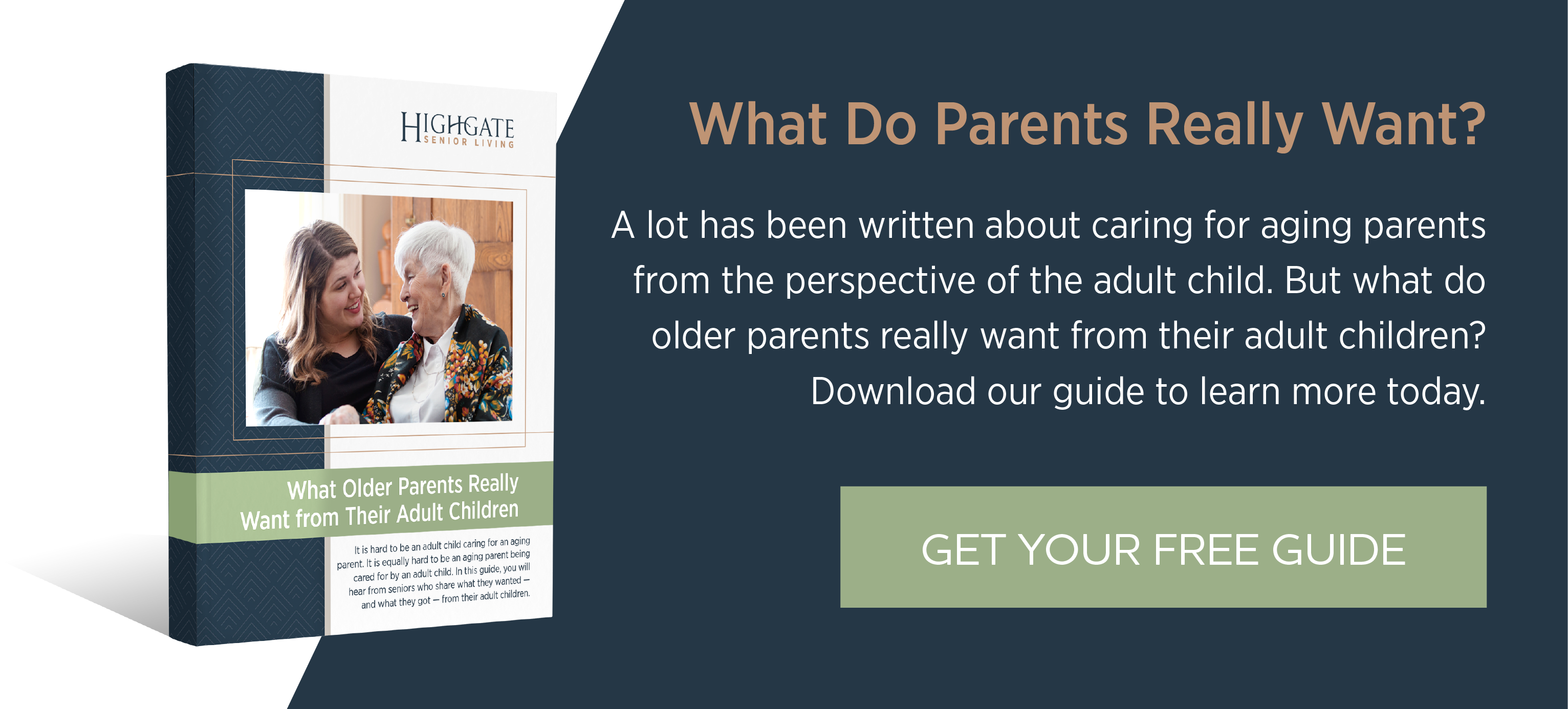 More older adults are cohabitating with their adult children, but before you move in with an aging loved one, it’s important to consider both the advantages and disadvantages of multigenerational households.
More older adults are cohabitating with their adult children, but before you move in with an aging loved one, it’s important to consider both the advantages and disadvantages of multigenerational households.
While it might seem easier and cheaper to care for your aging parents at home than it would to pay for home care or assisted living, the question of whether you should live with an aging parent isn’t as straightforward as you might think. Not only are there some hidden impacts on family dynamics, your own health, your finances, but your aging parent might not actually want to live with you.
It’s important to understand the challenges of multigenerational living for your parents and how their experience may be much different than your own. Here’s a closer look at the pros and cons of cohabiting with an aging loved one.
Pro: You Get More Time with Your Aging Parent
If you’re considering living with an aging parent, chances are you have a healthy relationship. (If you don’t, here are some tips for having the talk with an aging parent about not living together.)
One of the biggest benefits of cohabitating with an aging parent is the time you’ll get to spend together during this chapter of their life. It’s easy to assume that you know everything about your parents and that you’ve already heard all their stories, but how well do you really know your parents? Who is Mom as a person? What was Dad like when he was growing up? What experiences most impacted their lives? What were their hopes, dreams, and regrets?
There’s no better way to get closer to a person, even if you’ve known them your whole life.
Keep in mind that living with an aging loved one will increase your responsibilities, and family caregivers often find that they have no time for themselves. You’ll need to make sure you can dedicate time to your loved one — or they might feel forgotten, despite being in the same house as you.
Con: Parents Feel They Lose Independence
The desire to be independent does not diminish with age. If anything, it becomes more important. The importance of being independent is twofold for seniors. Independence is sometimes the only thing seniors may feel they can control as certain aspects of their life change with age. Additionally, maintaining independence promotes a sense of achievement and purpose that for many seniors generates a great sense of self-worth and well-being.
When an aging parent moves in with you, it can sometimes feel like there’s a fine line between caring and controlling. Although your parents are getting older and they might need a little more help than they once did, they are still adults. It can be challenging going from being the head of the household to taking on a secondary role in the home and feeling as if they’re being parented by their children.
Pro: They’ll Be in Familiar Surroundings
Going through the aging process is hard. Aging at home, even if it’s not their own home, can help ease the transition. It usually means familiar surroundings and routines for your parent and a sense of control over what they do and how they live (although many seniors find that moving to assisted living actually gives them more independence).
Con: Added Stress Can Hurt Your Family Dynamic
The most important thing to consider is how your relationships will be affected by caring for your loved one, especially if your parent is moving into your home. Social activities you once enjoyed can become difficult when you never know when you might have to switch back into “caregiver mode.” Your marriage might be tested if the lack of privacy and your loved one’s caregiving needs interfere with your time together. After a while, your spouse might start to resent this lifestyle change.
If you still have children in the home, they can be affected, too. Moving your loved one in will increase your responsibilities and your stress level immensely, and it could have a big impact on your parent-child relationship.
Plus, not every senior wants to live with their adult child. When several people who are not used to living together begin sharing the same space, things can go south very quickly.
Pro: You Can Save Money on Home and Living Expenses
When you combine households, you will have only one set of utility bills and rent or mortgage payments. If your parent moves in with you, there might even be a profit from selling their house. This can be especially useful for seniors who cannot afford to keep their own place. Instead, aging parents can use that money to contribute to paying for your home’s utility bills and other living expenses. Depending on your situation, keeping your loved ones at home could be less expensive than home care or assisted living.
Before deciding whether to keep your loved one at home, be sure to evaluate their long-term care needs. Are these needs more than you can easily provide within your family's budget? It’s extremely important to consider the financial aspect of keeping your loved one at home, as this pro could quickly turn into a con.
Con: Home Safety Modifications Can Be Costly
One thing many caregivers forget to take into consideration when caring for an elderly parent at home — whether in their home or yours — is the hazards a typical home can hold and the modifications necessary to make living conditions safer and more manageable.
For example, neither of your homes may be the best environment for your loved one if they have impaired mobility. You might need to install a wheelchair ramp or grab bars in the bathroom or may need to find a way to create a bedroom on the main floor if all other bedrooms require you to take stairs to get to them.
Other common home modifications include widening doorways to accommodate walkers or wheelchairs, lowering countertops and cabinets for accessibility, replacing the bathtub with a walk-in shower, or replacing carpeting with one that has a shorter nap.
Use this Home Evaluation Checklist for Older Adults to help you answer the question: Is living at home the safest option?
Do Parents Really Want to Live with Their Adult Children?
It is hard to be an adult child caring for an aging parent. It is equally hard to be an aging parent being cared for by an adult child.
Research shows more than half of adult children would be willing to have an older parent move in with them when they could no longer live on their own, yet less than a third of seniors would live with a younger family member when they could no longer live on their own.
Parents want to take care of themselves and prefer not to view themselves as needing help, but they also often hope that their children’s help will be available if they need it. How do you find a balance between caring and controlling?
To hear from seniors who share what they wanted — and what they got — from their adult children, download our eBook What Older Parents Really Want from Their Adult Children.






